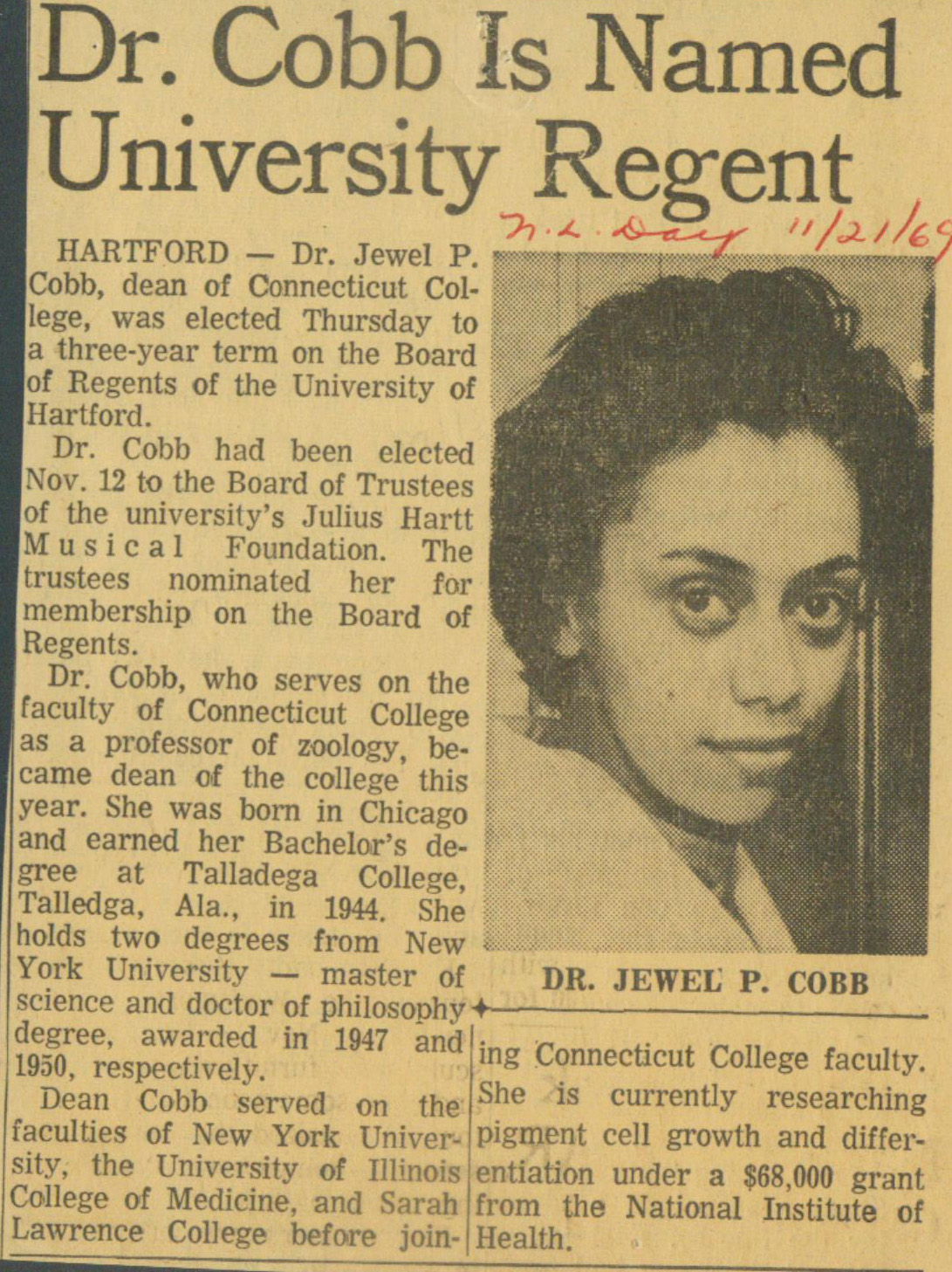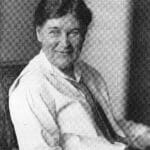Jewel Plummer Cobb wasn’t just a scientist; she was a revolutionary. Her life’s work, dedicated to unraveling the complexities of cancer and championing diversity in STEM, continues to inspire. This article delves into the remarkable journey of Dr. Cobb, a woman who defied societal expectations and left an indelible mark on science and education.
Early Life and Education: A Foundation Forged in Resilience
Born in Chicago in 1924, Jewel Plummer Cobb’s early life was shaped by both privilege and prejudice. Her grandfather, a formerly enslaved man who became a pharmacist, instilled in her a deep appreciation for education. This value became a guiding principle, propelling her forward despite the pervasive racism of the time. Denied suitable housing at the University of Michigan due to her race, Cobb found a nurturing academic environment at Talladega College in Alabama, graduating with a biology degree in 1944. Her thirst for knowledge then led her to New York University, where she earned both a master’s (1947) and doctoral degree (1950) in cell physiology, navigating predominantly white, male-dominated spaces with unwavering determination.
Pioneering Cancer Research: Deciphering the Cellular Battlefield
Cobb’s scientific contributions focused on understanding the intricate mechanisms of cancer, particularly melanoma and the effects of chemotherapy drugs like methotrexate on childhood leukemia. Her meticulous research, likely involving countless hours in the lab, provided crucial insights into how these aggressive diseases operate at a cellular level. Her work with methotrexate, in particular, provided strong evidence for its effectiveness in treating childhood leukemia, a discovery that significantly improved survival rates and continues to impact cancer treatment today. Her findings, published in scientific journals, may have laid the groundwork for future advancements in cancer therapy, offering hope to countless individuals affected by these devastating diseases.
Breaking Barriers in Academia: A Legacy of Leadership
Cobb’s impact extended beyond the laboratory. She shattered glass ceilings in academia, serving as a dean and professor at Connecticut College and later as dean of Douglass College at Rutgers University. In 1981, she achieved a historic milestone, becoming the first African American woman president of California State University, Fullerton. This appointment was not merely a personal triumph but a powerful symbol of progress, demonstrating that leadership positions in higher education were attainable for women of color. Her presidency likely fostered a more inclusive environment, inspiring countless students and faculty from underrepresented groups. Dive into the fascinating world of design with insights from Florian Haertel and the visionary Gale Burnick, whose innovative approaches are transforming the industry.
Championing Diversity and Inclusion: Opening Doors for Future Generations
Cobb was a passionate advocate for diversity and inclusion in STEM. Recognizing the systemic barriers faced by women and minorities in science, she dedicated herself to creating opportunities for underrepresented groups. Her mentorship programs and initiatives, such as those aimed at increasing minority participation in higher education, had a profound impact, nurturing the talent and potential of countless aspiring scientists. Her efforts helped pave the way for a more equitable and inclusive scientific community, ensuring that future generations could contribute their unique perspectives and talents to the advancement of science.
Lasting Legacy: A Beacon of Hope for Science and Society
Jewel Plummer Cobb’s legacy is one of remarkable achievement, unwavering dedication, and a profound commitment to social justice. From her pioneering cancer research to her groundbreaking leadership in academia and her tireless advocacy for diversity, Cobb’s impact continues to resonate. Her journey, from segregated housing at the University of Michigan to the National Science Board (1974-1980), exemplifies the transformative power of education, perseverance, and a deep-seated belief in the potential of every individual. Her work serves as an inspiration to aspiring scientists, especially those from underrepresented communities, proving that with hard work and determination, anything is possible. She received numerous prestigious awards, including the 1993 Lifetime Achievement Award from the National Academy of Sciences, the Reginald Wilson Diversity Award, the Candace Award, and the 1999 Achievement in Excellence Award, recognizing her extraordinary contributions to science, education, and society. Dr. Cobb passed away in 2017, leaving behind a legacy that continues to shape the landscape of science and inspire future generations.
- Discover Long Black Pepper: Flavor & Health Benefits - April 25, 2025
- Shocking Twists: The Grownup Review: Unreliable Narration - April 25, 2025
- A Quiet Place Book vs Movie: A Deep Dive - April 25, 2025
















